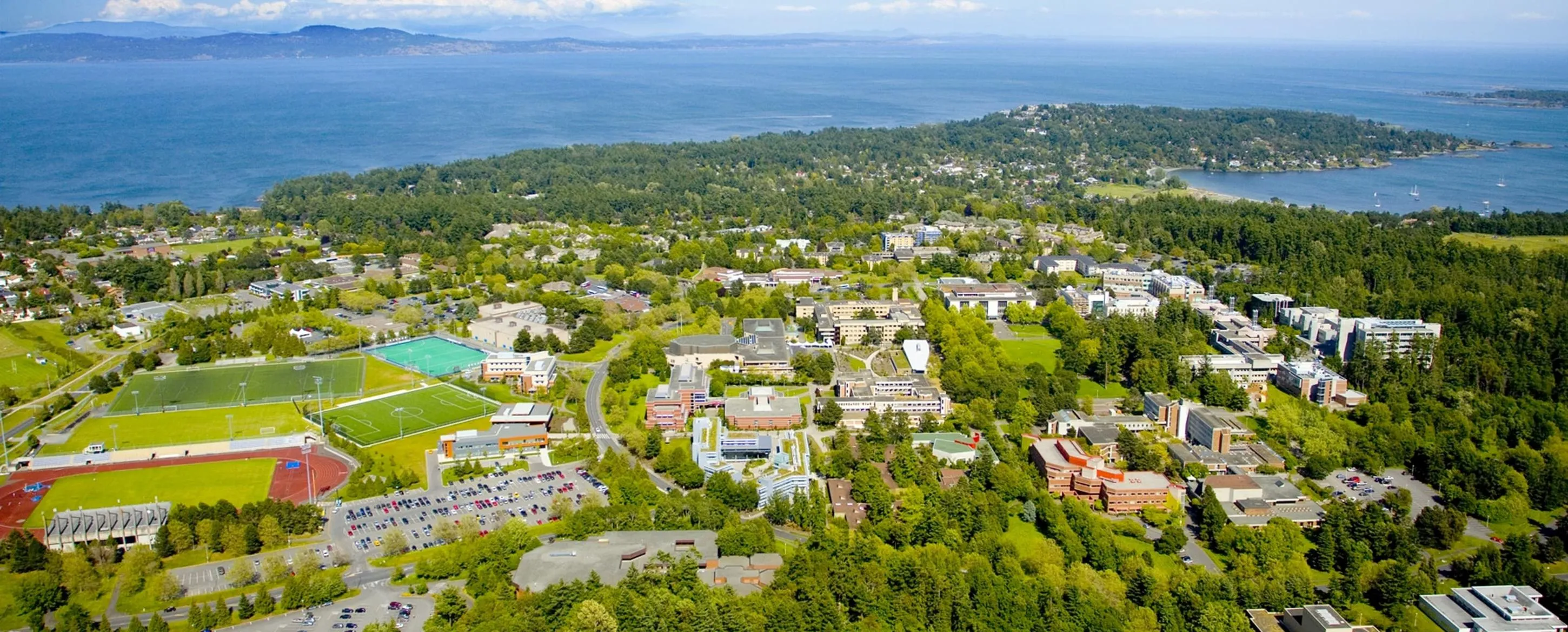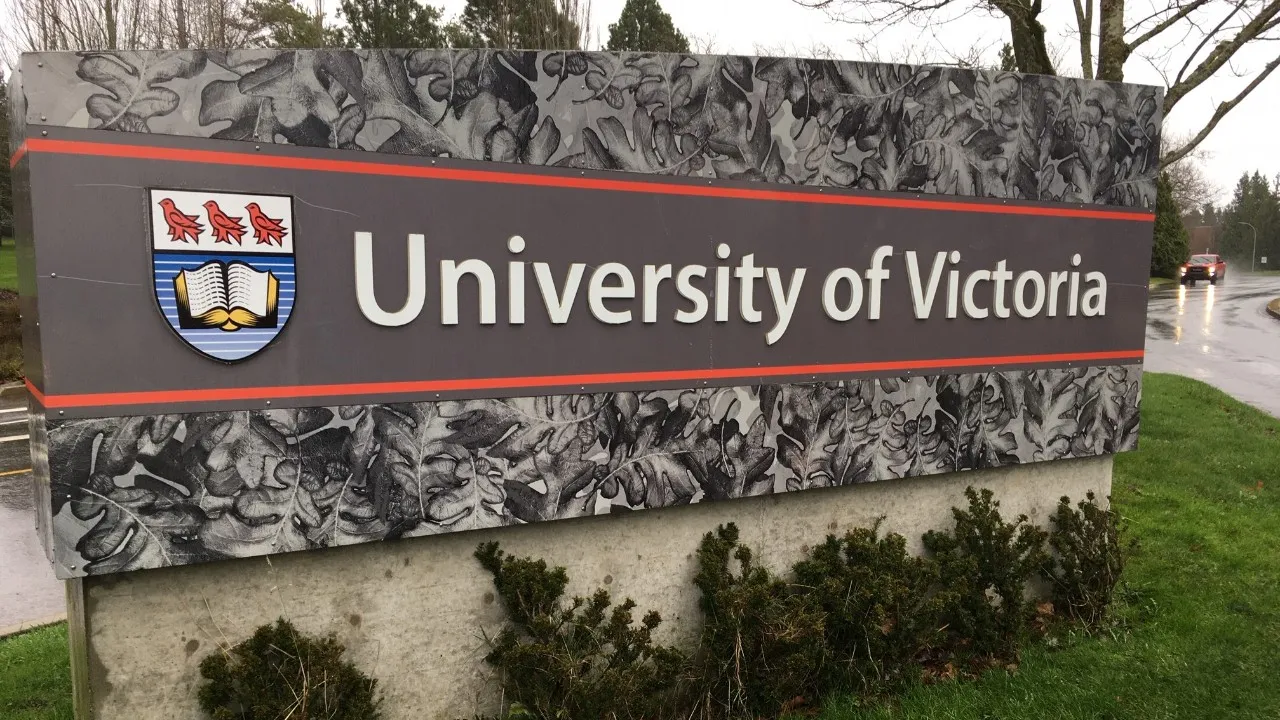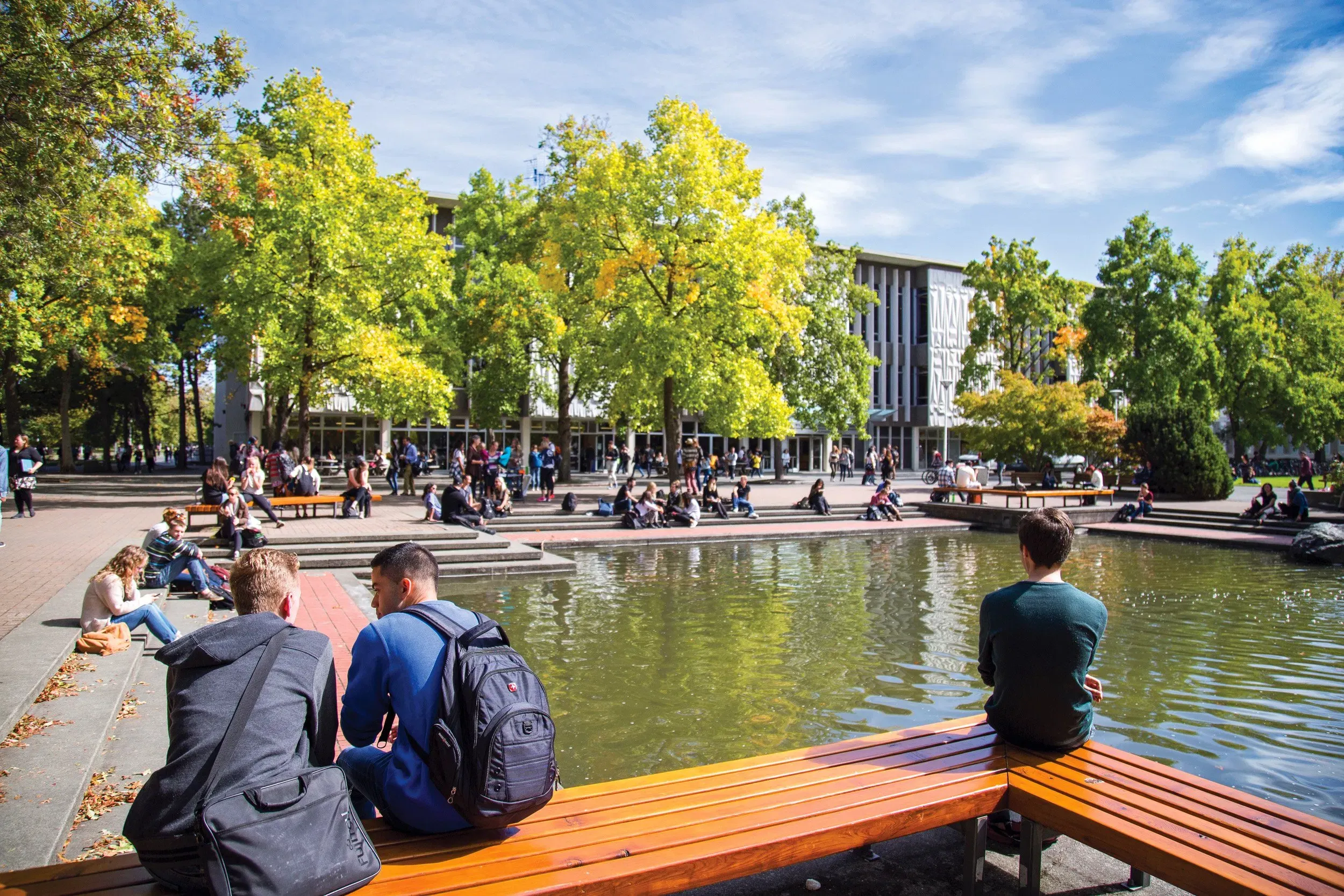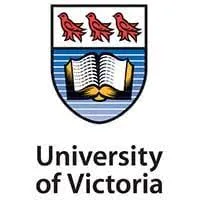
MSc in Health Information Science
University of Victoria (Canada) · University of Victoria 3800 Finnerty Road Victoria BC V8P 5C2 Canada
About

#350
QS

#385
USNews
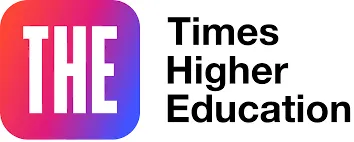
#301-325
THE
The University of Victoria (UVic or Victoria) is a public research university located in the municipalities of Oak Bay and Saanich, British Columbia, Canada. The university traces its roots to Victoria College, the first post-secondary institution established in the province of British Columbia in 1903. It was reincorporated as a university in 1963. The campus is situated 7 km north of downtown Victoria and is spread over 403 acres. UVic also has an offsite study center at the Jeanne S. Simpson Field Studies Resource Center in Lake Cowichan. The six-hectare Queenswood campus was acquired from the Sisters of St. Ann and converted into a national laboratory. The Legacy Art Gallery on Yates Street and a proposed redevelopment on Broad Street make up the properties owned by the university in downtown Victoria.UVic hosts Ocean Networks Canada's deep-water seafloor research observatories VENUS and NEPTUNE, the Pacific Institute for Climate Solutions, and two Environment Canada labs: the Canadian Center for Climate Modelling and Analysis and the Water and Climate Impacts Research Centre. The Ocean Climate Building housed at the Queenswood location is dedicated solely to ocean and climate research. The Institute of Integrated Energy Systems is a leading center for research on sustainable energy solutions and alternative energy sources. The University of Victoria is also home to Canada's first and only Indigenous Law degree program along with dedicated research centers for Indigenous and Environmental law. Altogether UVic operates nine academic faculties and schools including the Faculty of Law and Peter B. Gustavson School of Business. Based in the capital city of British Columbia, the university has educated many prominent jurists and politicians including Jody Wilson-Raybould, Rona Ambrose, and Russell Brown. In recent years, the university counts amongst its alumni the founders of several leading technology companies, including Flickr, Slack, and Hootsuite. UVic alumni and faculty have also worked on Nobel Prize winning research teams. As of 2020, 7 Guggenheim Fellows, 2 Killiam Prize winners, 14 members of the Order of Canada, 11 Rhodes Scholars and 79 Fellows of the Royal Society of Canada have been affiliated with the university
Program Details:
Program WebsiteBasic Info
Institute
Faculty of Health
Degree
MSc
Duration
2 years
STEM Designated
Yes
Program
Health Information Science
Expense
Living Expenses
CAD 15000
Tuition Fee (Domestic)
CAD 6700
Tuition Fee (International)
CAD 8400
Eligibility
Minimum/ Avg Score
TOEFL
90
(waiver offered)
IELTS
6.5
(waiver offered)
PTE
65
Ready to apply? Secure your spot at your dream university with our expert help!
Deadlines:
Deadline WebsiteIntake Deadline 1
01 Dec, 2025
(September-2026)
Stay on track with your applications. Login Now to Unlock all program related information.
Document Required:
Stay on track with your applications. Login Now to Unlock all program related information.


